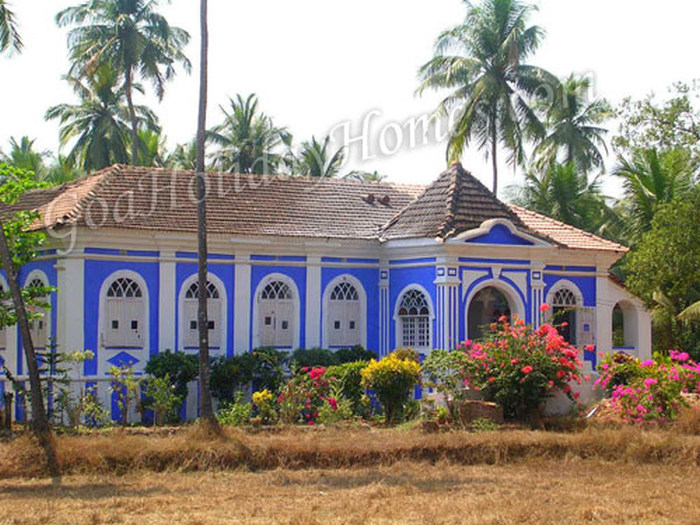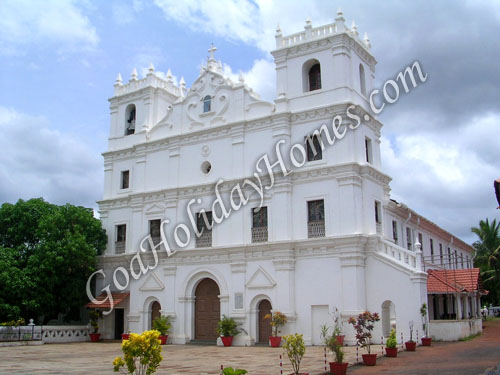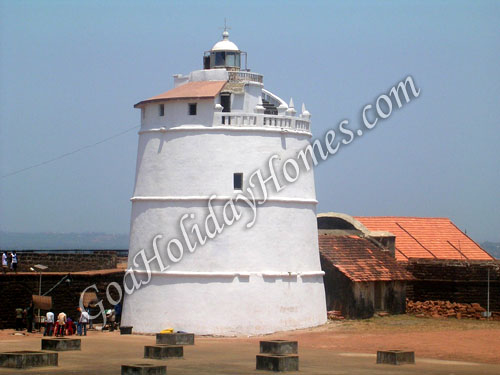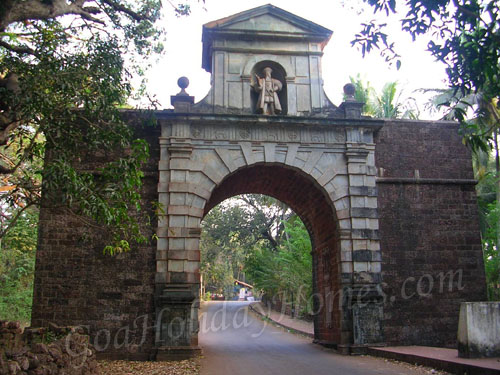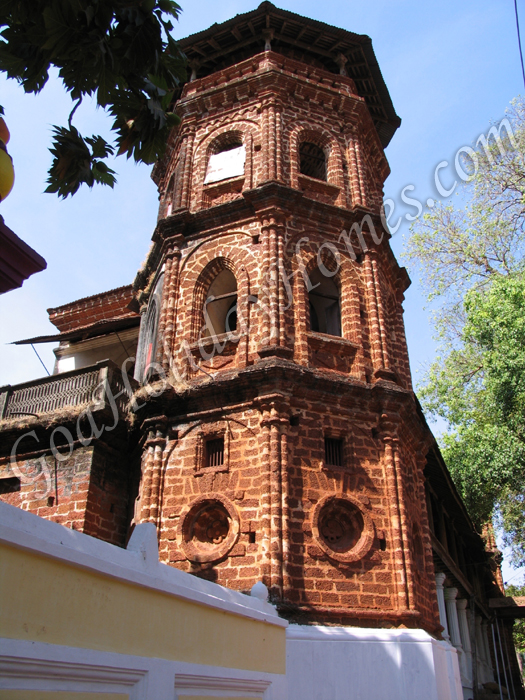Portuguese rule in Goa
The Portuguese rule in Goa lasted for as long as 450 years. The history of the Portuguese in Goa was similar to the British in India. It is interesting to know that while the Portuguese ruled Goa, their country itself was ruled by Spain from the late 16th century for a period of 60 years. The period is known as the 1580 Portuguese succession crisis and is known to be a result of the death of a young king Sebastian of Portugal.
Although Goa is prevailing as a legacy of the Portuguese colonial era, in fact, its history dates back to as early as in the antiquity during which facts were mingled with mythology. However, the evident history of Goa is that it was part of the Mauryan Empire (the 3rd century B.C).
For the next 700 years, Goa was ruled by the succession of Hindu dynasties such as the Shillaharas, the Kadambas, and the Chalukyans. Until 1312, Goa was controlled by the Muslims, and it began to rise as an important landing place for ships carrying horses to Hampi.
By the late 15th century, upon the discovery of a new route to India by the bank of Portuguese adventurers, including Vasco de Gama, Goa became the ideal base for the seafaring Portuguese who determined to overcome the manipulation of the spice route from the East. In the meantime, the Portuguese also took the occasion to spread Christianity � the result the expansion, the consolidation of Portuguese cultures, languages and other legacies of values of the Christian world into Goa. Owing to the wealth gained from the spice trade during the Portuguese domination, Goa came into its golden age.
It became the largest city in the East, boasting of no less than 300 churches within town, and having a population of over 40,000 people. It was also the vice imperial seat of the Portuguese Empire of the East. Despite its decayed power due to the competition of the British, French, and Dutch as well as its inadequate ability to control all over its far-flung territory, the Portuguese continue to dominate Goa until the 20th Century.
There were a series of efforts from the Indian Government to discuss with the Portuguese on the withdrawal from Goa, but the issue seemed to be intractable due to the Portuguese's ignorance. On December 17, 1961, Indian Prime Minister Jawaharlal Nehru then decided to order the military invasion and liberation of Goa. The operation ended with the surrender of the Portuguese Governor General Vassalo da Silva.
Today, the Goan people still retain a distinctive Southern flavor, yet, combine their own native culture, making Goa one of the multi-cultural showcases in India.
Contact Details
Address: Angela Marquis, UAE

